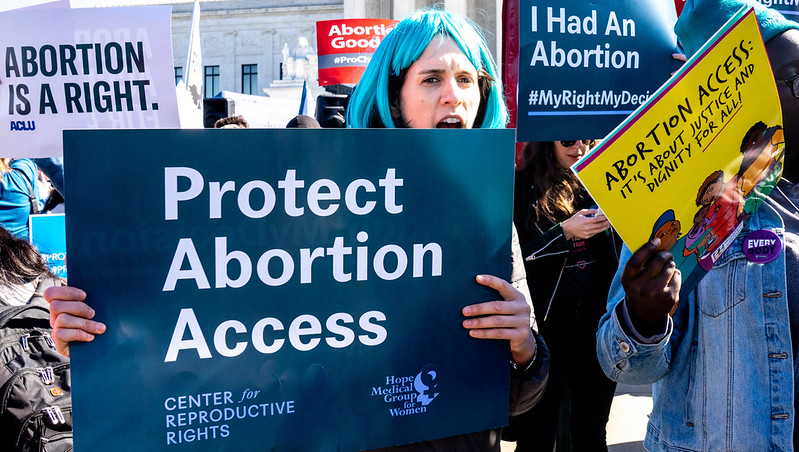
In the days following the reversal of Roe v. Wade by the U.S. Supreme Court, you may have seen posts in your social feeds with offers to help friends “go camping” if necessary.
They didn’t mean camping, of course – what they actually wanted was to help anyone who needs one get an abortion. The posters live in states where the procedure is (relatively) easy to access, and where trigger laws haven’t gone into effect to essentially ban it.
To be sure, they’re well-intentioned. But those who have been in the trenches of the abortion access fight are countering with online posts of their own – warning others that, ultimately, such messages do more harm than good.
“‘Camping’ as a euphemism for abortion access is not actually helpful – and can be counterproductive,” one such post from abortion access nonprofit Apiary for Practical Support states. “It’s confusing, unnecessary, and can prevent people from seeking real support and resources from groups that already exist specifically to help them.”
The post adds, “[I]nstead … learn how to do this well and safely by working with folks who have already built systems to manage it.”
In that spirit, we’re sharing a list of five such operations, which improve abortion access for people – either nationally, in specific regions of the nation, or from marginalized communities.
1. National Network of Abortion Funds
The NNAF is a nonprofit that helps low-income people access abortions. They accomplish this by providing money for the procedure, which removes financial barriers, while also offering logistical assistance with matters such as transportation and childcare. In all, the NNAF works with 80 locally focused organizations and funds throughout the U.S.
2. Western Pennsylvania Fund for Choice
This particular fund serves individuals who live in or near central or western Pennsylvania, as well as Ohio and West Virginia. The fund supports patients of the Allegheny Reproductive Health Center in Pittsburgh, which provides abortions up to 23 weeks (as permitted by the state) and abortion pills to those in need.
3. Northwest Abortion Access Fund
On the other side of the nation, this fund is helping abortion seekers in Washington, Oregon, Idaho and Alaska. Patients may call a toll-free hotline staffed by volunteers who assist them with finding nearby clinics and sending funding their way. The NAAF also helps with travel and lodging needs.
4. Indigenous Women Rising
IWR is based in New Mexico, but helps Indigenous people throughout the country by way of its fund, which people in need of abortions can apply to for assistance. They also offer other healthcare services, like breastfeeding support and sex education resources.
5. ARC Southeast
This fund serves one of the most negatively impacted regions of the U.S. – the southeast. Specifically, it caters to Alabama, Georgia, Florida, Mississippi, South Carolina and Tennessee. Like other funds, it helps people in those states, or those nearby, with both the cost and the practicalities of getting a safe abortion.



